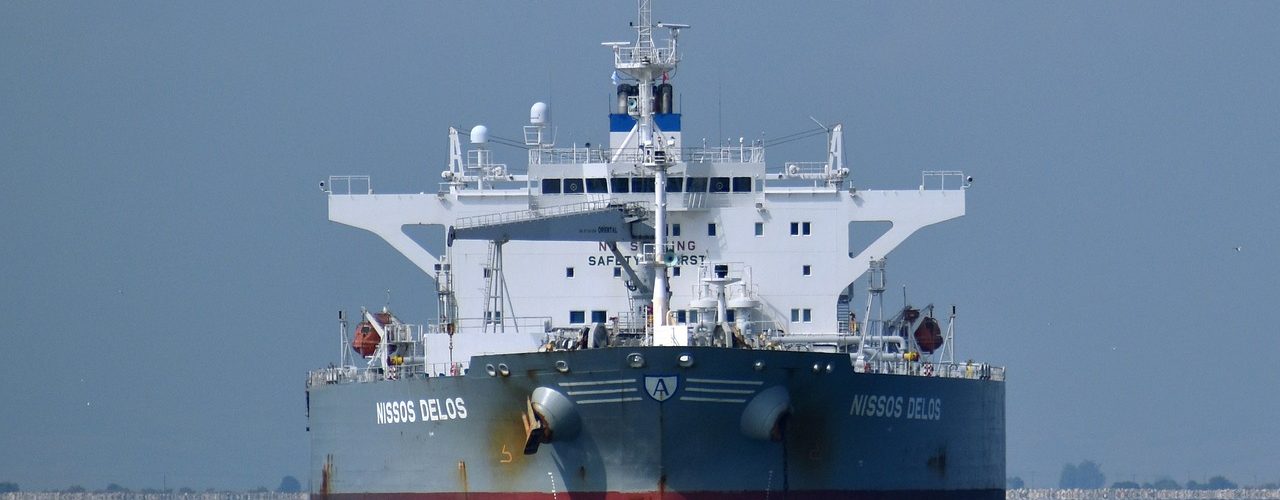-
The EU and UAE have launched FTA talks under broader strategic initiatives, aiming to reduce tariffs, simplify customs, and potentially align VAT systems, affecting cross-border trade and compliance frameworks.
-
Key indirect tax impacts may include tariff reductions, updated customs rules, origin-based VAT considerations, digital documentation requirements, and sustainability-linked obligations such as carbon-related VAT adjustments.
-
Businesses must prepare ERP updates, revise tax rules, and assess new VAT obligations and contract terms to remain compliant amid evolving trade, reporting, and supply chain tax requirements under the FTA.
Source: innovatetax.com














